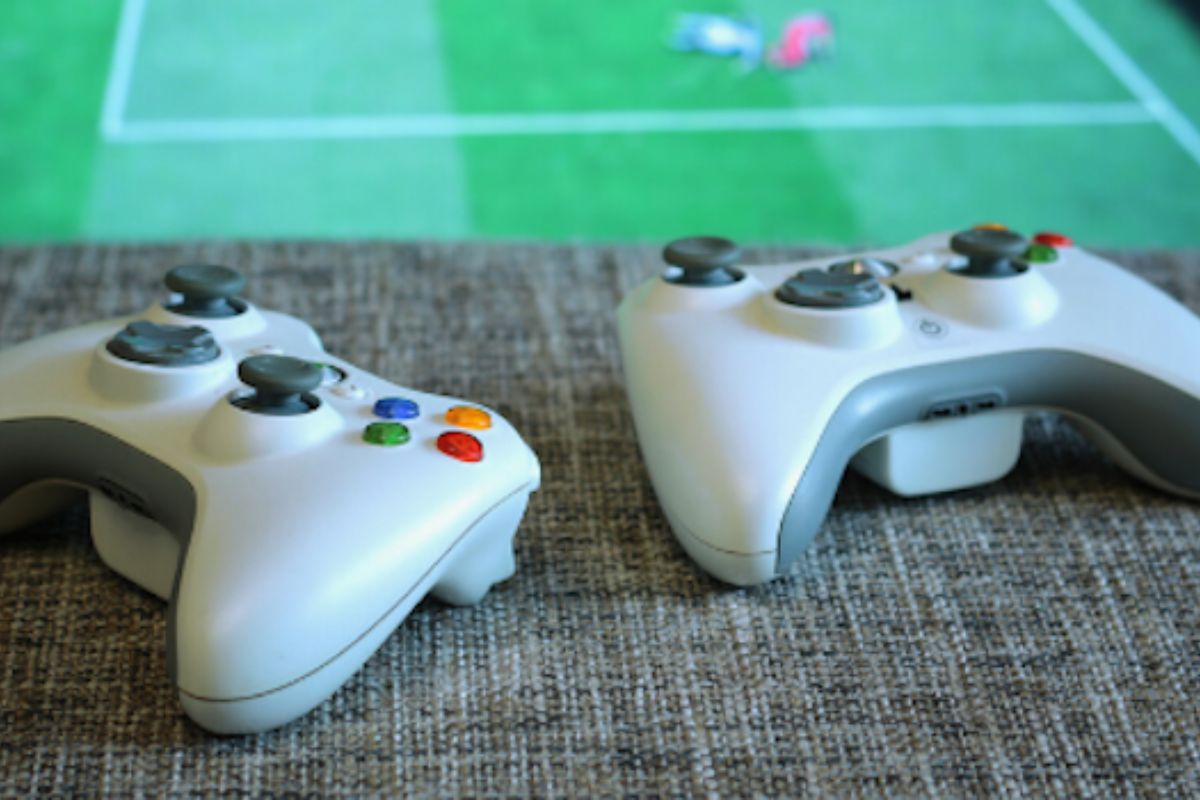Everyone can agree that our world has changed. With the uncertainties of the Coronavirus pandemic looming large, children and families feel a loss of control. Children are seeing a lot of unsettling news and seeing it frequently. Most children take cues from parents to help them regulate their reactions to frightening events, but in this case, many parents also share a sense of uneasiness. Video games may be an unexpected answer to a child's increasing anxiety.
Here are some of the ways that video game play can be a helpful coping strategy for anxiety during a pandemic. Of course, the appropriate types of games, time spent playing, and nature of in-game socialization will vary significantly by the age maturity level of the child or teen.
Distraction
With the continuous flow of information from news broadcasts and on social media sites, many children are receiving signals that this is a dangerous time. Video game play offers a welcome reprieve. A well-designed video game will create what is known as a "flow state" in its players, where the player will become fully engaged in the game and may feel what the protagonist of the video game is experiencing. This deep immersion is similar to what some experience when watching a very engaging movie or reading a particularly good novel. Although keeping updated on daily developments (in moderation) is helpful, a few hours of reprieve from the bombardment of news would do us all some good.
Confidence
A huge benefit of video games is that there is a positive learning curve: you improve each time you play. Comparing where you were the first time you started playing to where you are a week later gives a huge confidence boost for children. Their total self-perception and confidence improve which can outbalance negative thoughts that may be cropping up. However, it's also important to note that some children may struggle to "level up" or progress as faster as other players, and this may lead to frustration or anger. Checking in with your child about what they are learning and achieving in the game can reinforce their confidence-boosts while also looking out for areas of unnecessary challenge or skills deficits.
Socializing
Under stay-at-home orders, we are all feeling more socially isolated. For a child, not seeing friends for long periods can feel particularly isolating. They miss the important role friends play in grounding them and diminishing their anxiety. The great thing about modern technology is that we have the ability to continue social contact through text, video chat, and even video games. Children and teens can chat with their friends and play their favorite video games through several means online. However, especially for younger children, parents should make sure that their child is only accessing age-appropriate methods of communication and monitoring who can contact their kids in order to avoid on-line bullying or other negative interactions.
Independence
Children will observe their parents to help them assess threats during times of crisis. They will be looking to them not only for validation of safety, but also to structure their lives and reduce their boredom. Parents are running their households, attending to their partner's needs, and often taking on the role of teacher. Some degree of anxiety is a normal response to these rapid changes and crowding of daytime hours. Children likely sense their parents' levels of stress and tension, which in turn may worsen their own anxiety. Video games allow a child time to do something enjoyable, while providing parents time to breathe.
A lot of parents may wonder to themselves about the amount of time their child spends playing video games, "Is this okay?" The answer, within reason, is yes, these are unusual times and will not last forever. However, it is wise to set some ground rules around video game play. Every child is different and it is perfectly fine to adjust those ground rules when the situation calls for it. It goes without saying, a child should not be up playing a game until 4 am; some amount of structure and normalcy is going to help us all get through this crisis, and the gaming should not take the place of other responsibilities (e.g., schoolwork).
Good sleep hygiene and sleep remain an important factor in a child's overall health, too. It is also important to balance time playing video games with other beneficial activities, such as indoor or outdoor physical activity, reading, hobbies, socializing, and even engaging in family video games.
With a little intentional action, parents can utilize video game play for "good". Making sure a child doesn't overdo it and still taking opportunities for free time together can make the best out of a frankly chaotic situation. And if you are an adult and don't have children, moderate video game play can be a healthy anxiety reduction tool for you as well!
